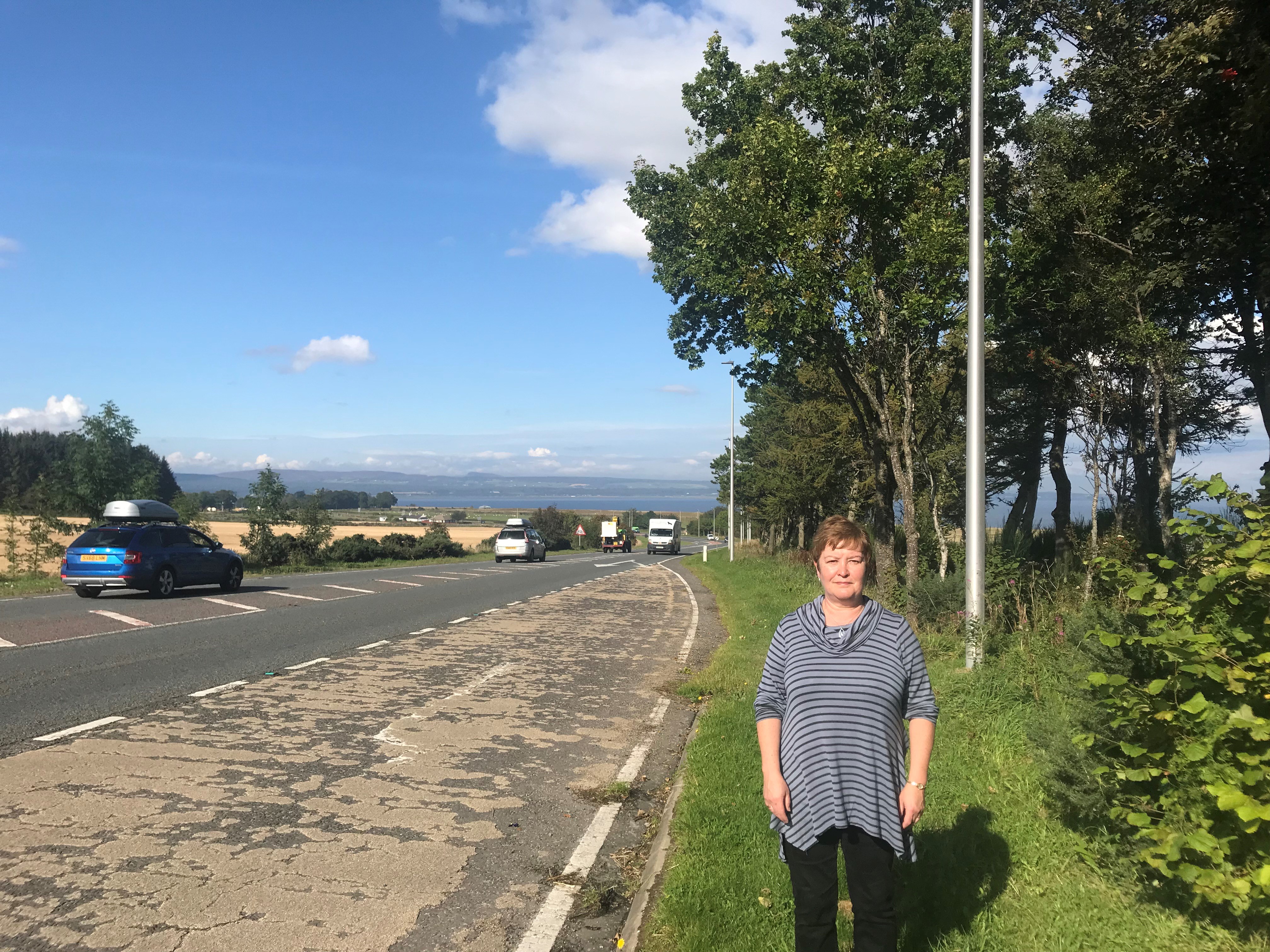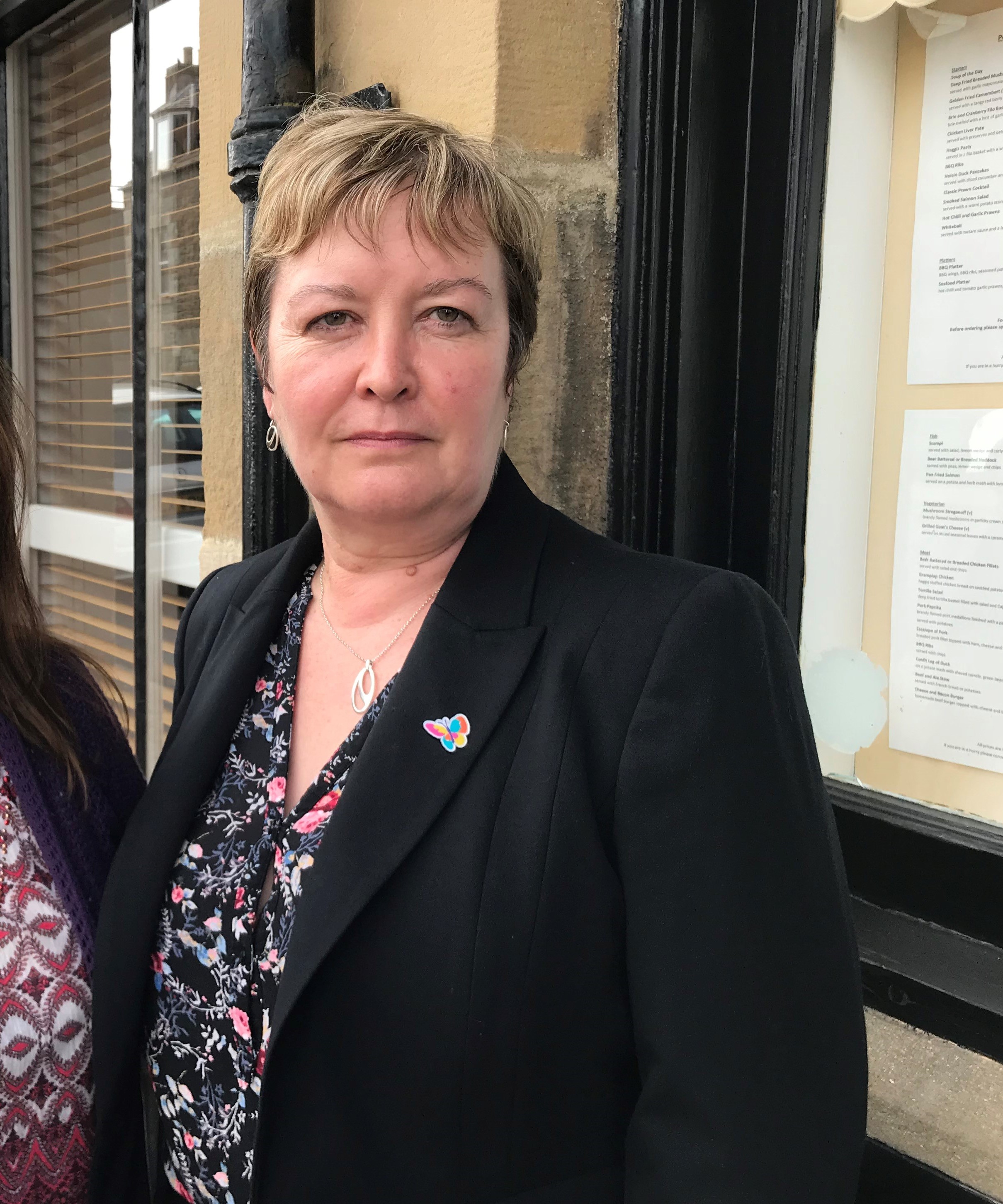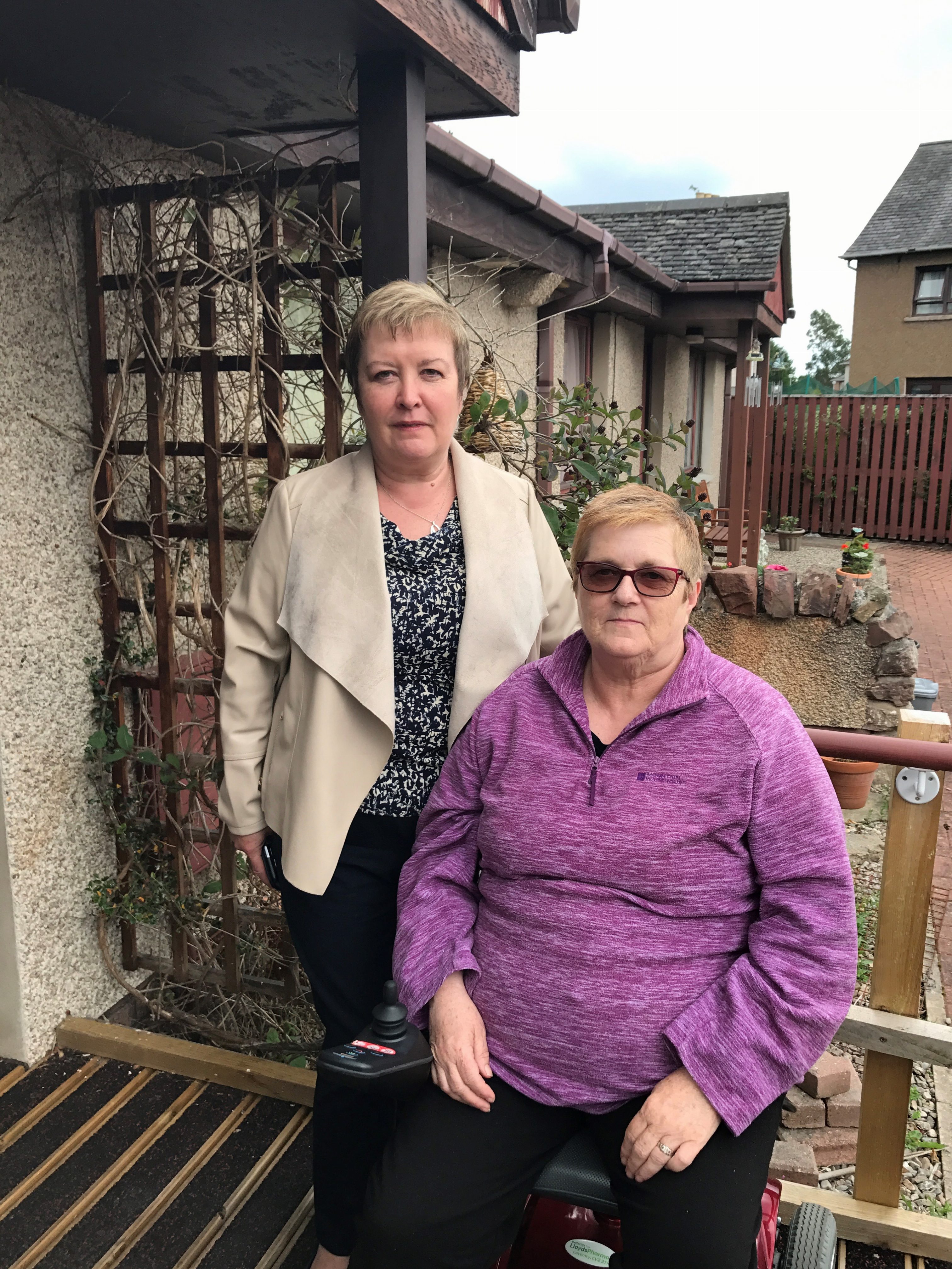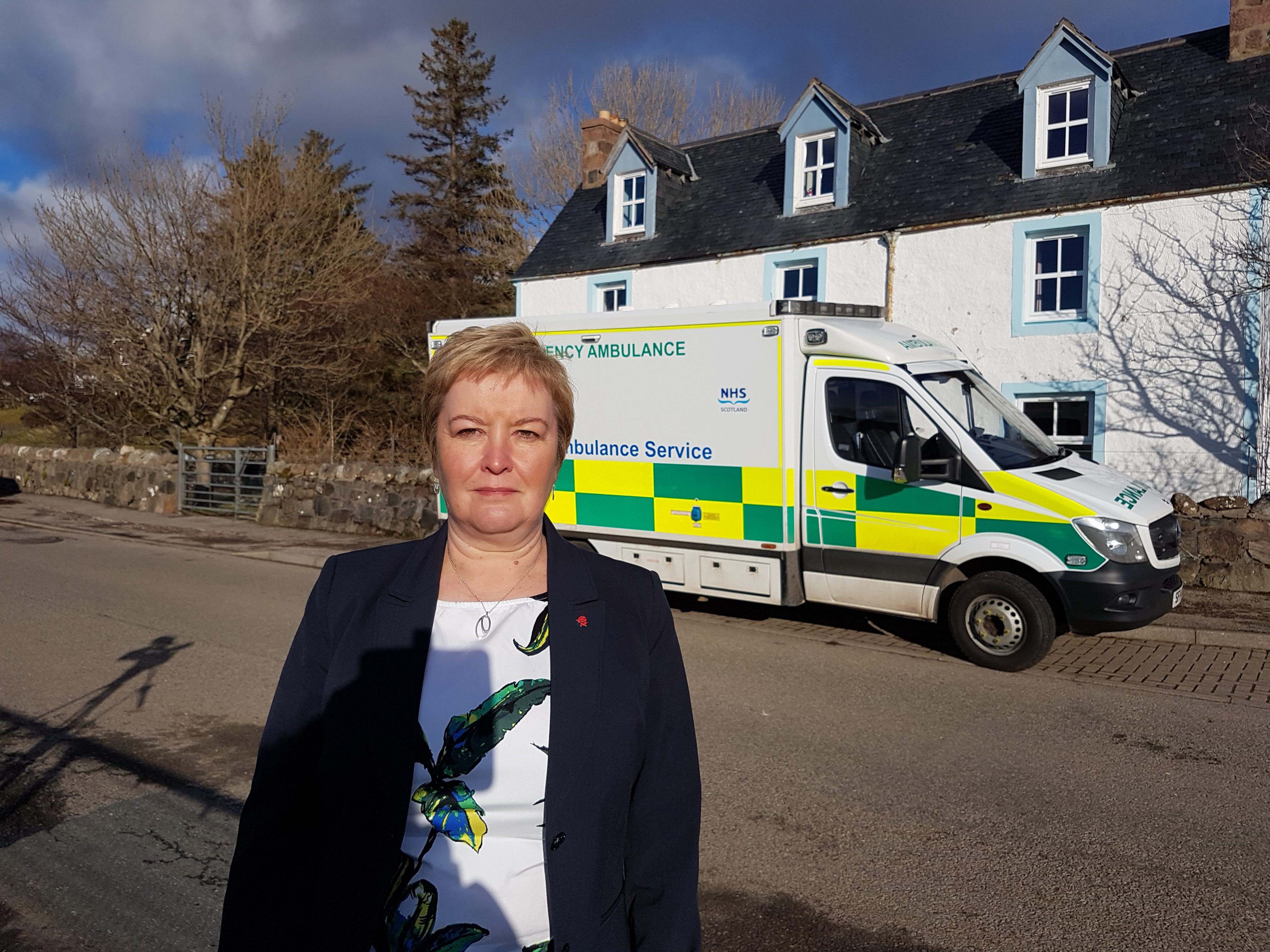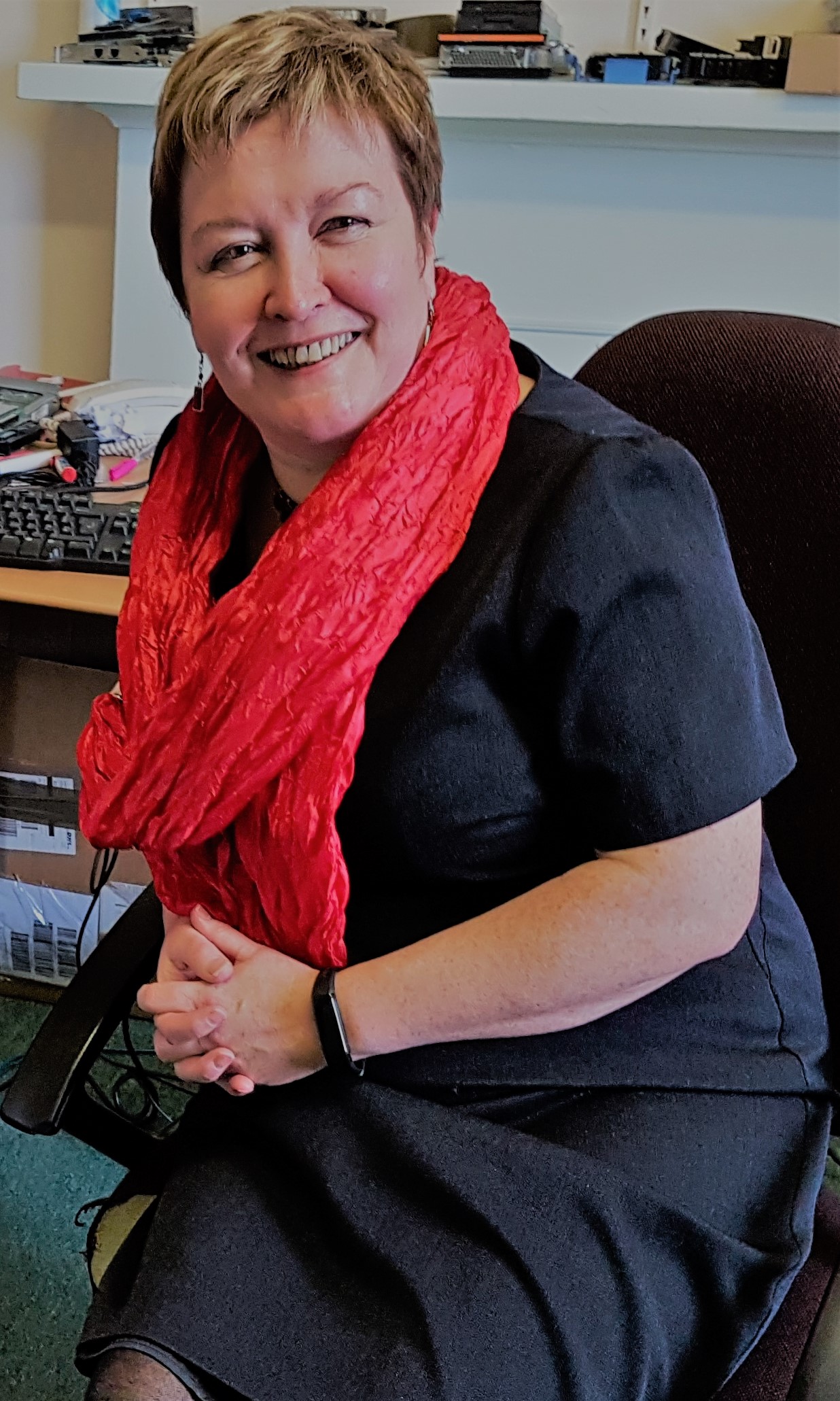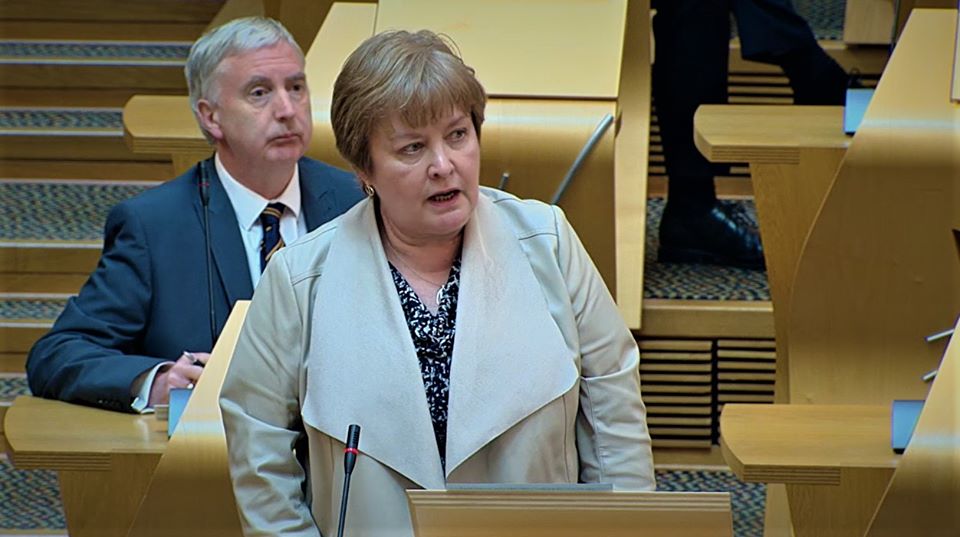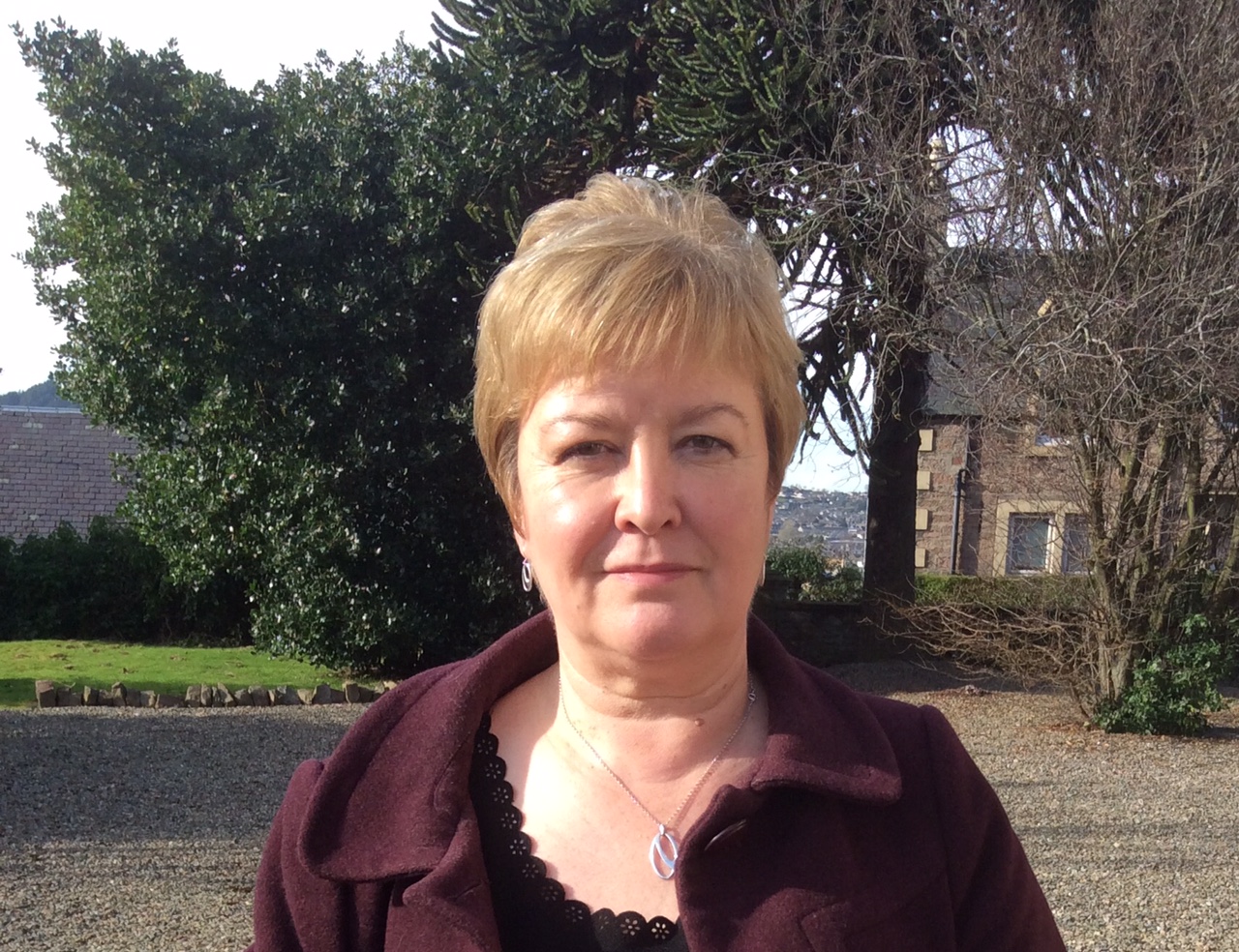 It has been a huge privilege for me to serve the communities of the Highlands and Islands in the Scottish Parliament.
It has been a huge privilege for me to serve the communities of the Highlands and Islands in the Scottish Parliament.
I seek your first preference vote to continue that work.
What motivates me is the creation of an equal society. When I put myself forward for election it was because I could see the inequalities in our region which lay hidden from decision-makers, not readily-recognised by the national indicators.
I have sought to make those in high authority aware of the challenges we face and I will continue to do this.
In these past few months, in addition to my ongoing campaigning for medical treatments including ground-breaking ultrasound equipment for essential tremor patients, I have been speaking out against the suspension of flights between Shetland and Inverness, taking up constituents’ fears on care home Covid-19 protocols, raising concerns over possible job losses at Inverness College and the threatened closure of its nursery, and standing up for disabled people by leading calls for Skye’s revamped Uig pier and its currently under construction Broadford Hospital to be fully-accessible.
I have been vocal in my concern for vulnerable children, leading successful calls for a return to cooked school dinners, after months of post-lockdown packed lunches.
My calls on government and councils for additional warm clothing grants were followed by funding announcements for families most in need. I have also been helping to give our young people a voice, supporting their cry for mental health support and education in their schools.
Our Islands communities are totally dependent on ferries and I have campaigned to have services improved.
I have also helped to improve safety for residents in Aviemore by pressurising the agencies for street lights to go up along for a dimly-lit but well-used shortcut.
And I have underlined the jobs impact of the hospitality and oil and gas industry crisis, shone a spotlight on the shrinking council workforce in Highland and Moray, exposed the deplorable truth around our dentistry post-Covid where only those with the money to pay privately could be seen, secured road safety improvements and funding for our print studios, called for train services to be reinstated, Covid figures to be transparent, and for our local newspapers to be given the emergency funding they need to protect jobs so they can continue stimulating debate in our communities.
I want to carry on fighting for an equal society, to continue highlighting the unfairness which this government, driven not by national or local interest, tries so hard to hide in its carefully-crafted soundbites.
I want to keep working to regain Labour’s lost efforts to hand every child the same chance at a healthy, happy life.
I want to keep campaigning for the change we so badly need to reverse depopulation and save our communities before it is too late.
I am rooted in our region. Stornoway-born, raised in Wester Ross, and I have lived all my adult life in Inverness.
I know what it means to live in a remote community.
When I was very young our family and others in the surrounding communities faced evacuation due to remoteness and the lack of public services.
When I left school there were no jobs or homes so I moved to Inverness and made my home there.
So many years later that is still the reality for our young people. I will continue to fight to allow them to decide whether to stay or leave. They should be able to access homes and jobs in their own community if that is what they want.
The government’s continuous denial of essential services means many our communities are dying due to depopulation. This is something we must reverse.
When Scottish Labour was in government, we sought to disperse civil service jobs in order that the whole country benefited from secure, reasonably paid jobs. That put money into local economies and kept families in our more remote and island communities.
Inverness, the biggest city in our region, also benefited from that policy.
With increasing centralisation and austerity our communities have suffered from job losses and centralisation.
I want to see our communities thrive; I want to see young people having real choices.
I want to see a more equal society.
While we live in the best part of Scotland, we also suffer many of the problems of depravation that scar so many lowland urban communities.
In Inverness it is stark. All babies are born in the same hospital, snuggled in the same maternity ward, yet before they have even been ever so gently strapped into their car seat, the dye is already cast.
Each wee bundle of joy can face as much as a decade of difference in its life expectancy, depending on into which neighbourhood mam and dad’s car will turn.
Happenstance. That is their fate.
Covid-19 has deepened these divisions. With those who have the least losing the most.
That is not right.
Every child must have the same life chances to live, to work, to meet their full potential.
My frustration is that in all these areas we have gone backwards since Labour left Government, the improvements we made have been lost.
We all have a job to do to reverse this decline, to build a fairer society.
I ask for your support to carry on that work.


